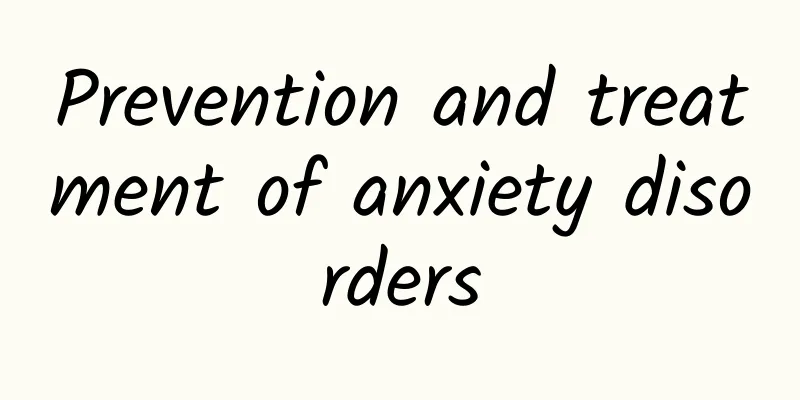How to deal with anaphylactic shock

|
Allergy is a symptom caused by the body's overreaction to external stimuli. There are many causes and symptoms of allergies, such as fever, rash on the body, etc. Shock caused by allergies is a more serious type of allergic reaction. If not treated in time, it may lead to organ failure and even threaten our lives. So how should we deal with anaphylactic shock in daily life? 1. Immediately stop entry and remove suspected allergens or causative drugs. Ligate the limbs above the injection or insect bite site to slow down absorption. You can also block the injection or sting site with 0.005% epinephrine. Lie flat, breathe oxygen, and keep the airway open. 2. Immediately give 0.1% epinephrine, first by subcutaneous injection, followed by intravenous injection, followed by 5% glucose drip to maintain intravenous administration. Epinephrine can rapidly relax bronchospasm through its β-receptor effect and constrict peripheral small blood vessels through its α-receptor effect. It can also counteract the release of some mediators of type I allergic reactions, so it is the first choice drug for treating this disease and can be used repeatedly several times during the course of the disease. Generally, after 1 to 2 injections of epinephrine, most patients' shock symptoms can gradually recover within half an hour. On the contrary, if the shock persists and does not improve, it is a serious case and dexamethasone and hydrocortisone succinate should be injected intravenously as soon as possible. A number of anti-shock drugs with longer-lasting efficacy and fewer side effects, such as norepinephrine, alamin (metahydroxyamine), etc., may also be used as appropriate. At the same time, vasoactive drugs are given and blood volume is replenished in time. 3. For anti-allergic and symptomatic treatment, chlorpheniramine or promethazine are commonly used. Because when the patient is in anaphylactic shock, the allergic threshold is very low, which may turn some drugs that were not originally allergic into allergens. Therefore, excessive use of medication should be avoided when treating this disease. Anaphylactic shock can lead to very serious consequences. If you find that you are prone to allergies, you should avoid excessive contact with allergens in order to prevent allergic reactions. If someone around you unfortunately develops symptoms of anaphylactic shock, we can refer to the above methods to provide first aid and then send them to the hospital for treatment in time. |
<<: Causes of peeling skin between toes
>>: Treatment of idiopathic retroperitoneal fibrosis
Recommend
Clinical manifestations of hip osteoarthritis, do your joints swell?
Hip osteoarthritis is a common orthopedic disease...
Does durian relieve cough?
If you were to ask what food in the world has the...
Is red hair a sign of zinc deficiency?
Vitamin deficiency can cause many diseases, and w...
Side Effects of Burdock
For Chinese people, Chinese medicine has protecte...
Health: 8 health secrets from a 98-year-old Chinese medicine practitioner
The secret to longevity lies in the eight-charact...
How to use ear acupuncture to lose weight
The auricle is rich in nerves and blood vessels. ...
The efficacy and function of Bupleurum injection
Chaihu injection is a common Chinese medicine pre...
What does a folic acid test check?
Women need to undergo various examinations before...
How to reduce fever quickly when baby has fever
Parents become very anxious when they see their c...
Does Jinkui Shenqi Pills replenish both yin and yang?
Yin deficiency and hyperactivity of fire refers t...
What kind of water should be used to decoct Chinese medicine?
Nowadays, most people choose to use traditional C...
What to do if you have white hair at the age of 17
We always see some young people with white hair a...
What are the side effects of doing B ultrasound frequently?
B-ultrasound is a medical technology that can pro...
Effects and contraindications of Wanhua Oil
Kevlar is a common medicine in our lives. When we...
Do I need to take medicine for a long time?
As we all know, cerebral infarction is now a very...









